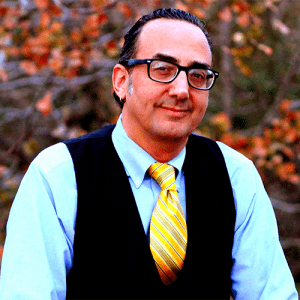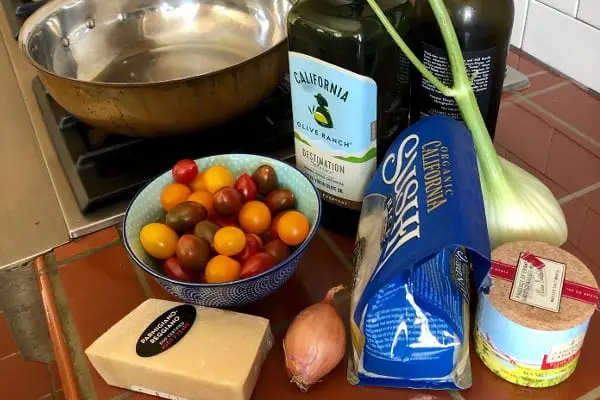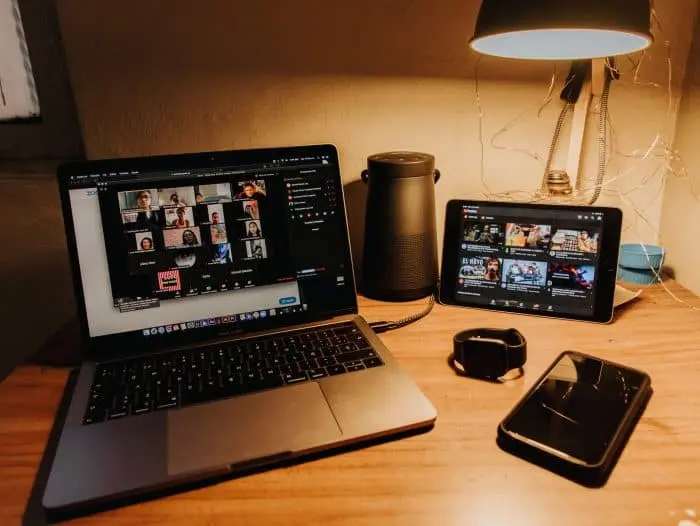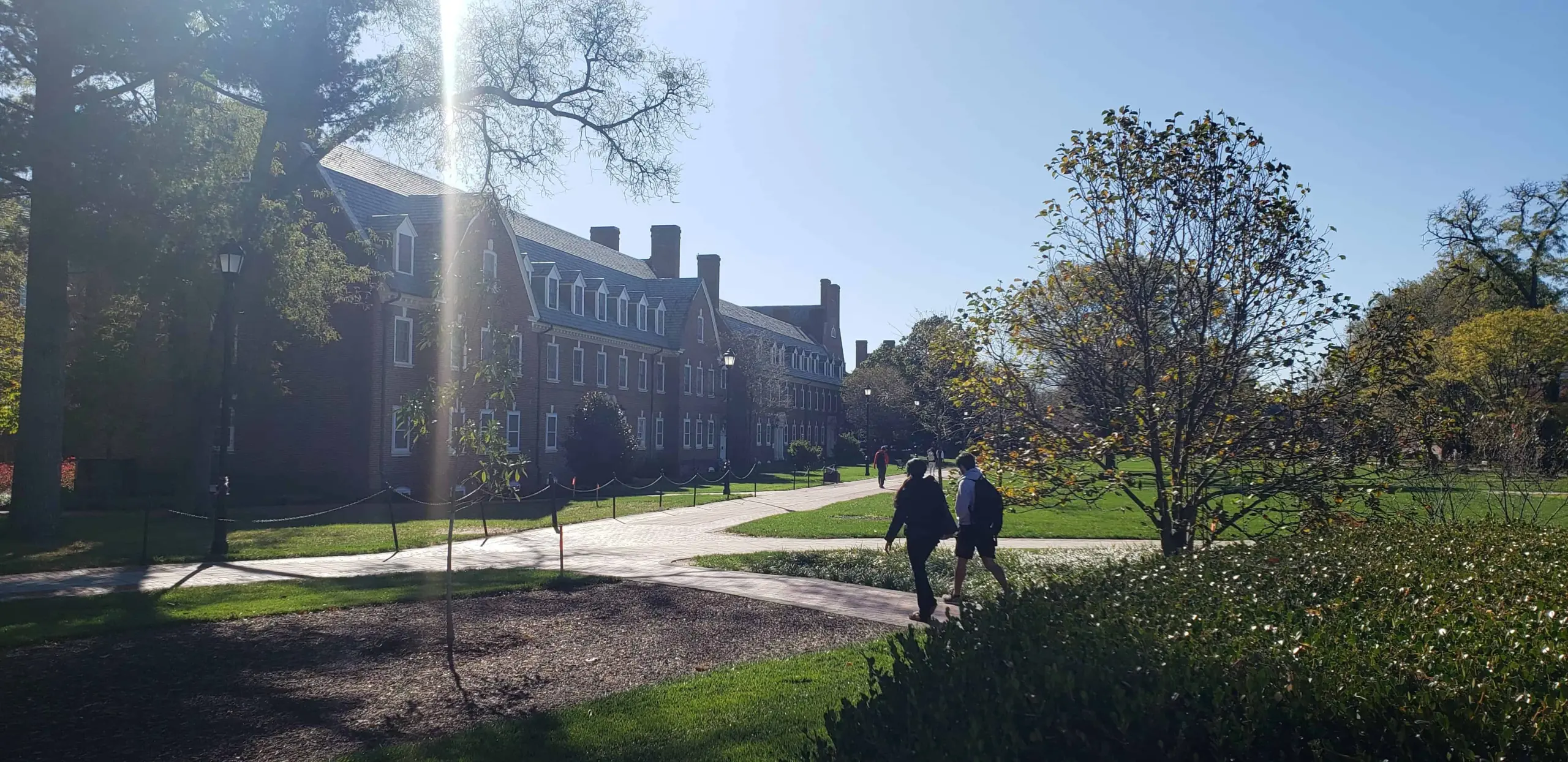This Q&A is part of Local Heroes: Journalists Covering COVID-19, PEN America’s series spotlighting local journalists across the country in celebration of World Press Freedom Day 2020, elevating the importance of a free, vibrant, and inclusive press.
Name: Vincent Schilling
Outlet: Indian Country Today
Region: East Coast
Vincent Schilling submitted a video to provide his answers to our questions. The transcript below was edited and condensed for clarity. You can watch his full video at the top of the page.
 What do you want your readers to know about what goes into the coverage they’re relying on?
What do you want your readers to know about what goes into the coverage they’re relying on?
In terms of COVID-19 coverage here at Indian Country Today, I have to give a shoutout to my team, who are doing a ton of work. Patty Talahongva is working every day to do a broadcast that I’m producing in accordance with other team members, and Patty delivers reporting on COVID-19 every single day. I have to give a shoutout to Jordan Bennett-Begaye, who is doing the assessing and culminating of the figures in Indian country, in Indian health systems every day. And the Navajo Nation—which is the community hit hardest in some ways by this COVID-19 crisis—is Jordan’s community. So she’s reporting on these numbers and deaths. I can’t imagine how that might feel as a journalist; this is her community, and it’s been hit the hardest. So I have to give a shoutout to fellow team members for Indian Country Today who are working round-the-clock. I’ve been working probably 16-hour days, 5 and 6 days a week to bring coverage about COVID-19 in Indian country, and there is no way I can go without mentioning the team and the work that they are doing—just an incredible amount of work.
“Native Americans are incredibly underreported in this crisis, and there are some pueblos and some tribal communities in the Indian country that are way above the average of states here in the United States.”
What personal risks have you or your colleagues faced while covering COVID-19?
Patty Talahongva actually visited the tribal area and did some reporting on the things going on in the area and the tribe, went to visit a casino that was closing, and she had to self-quarantine right after that. She was very nervous about the possibility of interacting with COVID-19. I have other members of our team who have volunteered to go to different areas, but we’re being very, very restrictive on travel at this time to keep protections in place. A lot of our team is at the Arizona offices at the Walter Cronkite School of Broadcasting, in Washington, D.C., and in Alaska. All of us are now under stay-at-home orders through our company. Thank you to Karen Lincoln Michel (our president), Mark Trahant (our editor), who said, “Look, you guys have to stay home.” And we’ve all been working from home, so in amidst all this, we’re using the Zoom broadcast network to produce a show on a daily basis based upon using webcams and cameras in our homes. I’m behind the scenes, producing the entire thing, editing, getting it out, and within a couple of hours every day, getting it out to our website and getting it posted onto social media as well as posting on public television.
Are there any stories or communities that you feel are underreported in regards to the COVID-19 crisis? Similarly, what non COVID-19 stories have you seen shelved or ignored because of the hyper-focus on the current crisis?
Some videos have come out of people talking about how Native Americans are getting a lot of money from stimulus. Because of the number of people that we are, it equates to a lot more money than people who are getting personal stimulus checks. But this has nothing to do with that. Personal stimulus, versus treaty obligations in the health care system—which is underfunded to begin with. So Native Americans are incredibly underreported in this crisis, and there are some pueblos and some tribal communities in the Indian country that are way above the average of states here in the United States. So Native Americans are very underreported in this case.
“I feel inspired by the outreach of Native communities coming together and trying to protect their fellow community members.”
What stories have you reported on that have given you the most hope?
There are many different folks out there and very many stories in the midst of this COVID-19 crisis. I talked with the NDN Collective, who are currently working on over $10 million of funding that they have for tribal entities, indigenous nonprofits, entrepreneurs, and artists. I recently tried to do some other stories–Michael Greyeyes is starring in a zombie movie about Native people who are immune, called Blood Quantum. I feel inspired by the outreach of Native communities coming together and trying to protect their fellow community members.
Who else is doing excellent coverage?
As a native man, a Mohawk man, and a journalist, we are working hard to put out coverage every day, but the Indian Country Today team is exceptional. I look at all of them with awe. They are all coming together to do some incredible things. I’m one piece of this puzzle, and I’m proud to be a part of it. Everyone is just exceptional.
What can your readers do to support their local journalists, besides subscribing?
Support those journalists. And of course, we give a shoutout to our first responders who are doing wonderful things. But I can tell you—a lot of journalists are working many, many long hours and working very, very hard.
About Vincent Schilling
Vincent Schilling, a federally-enrolled Akwesasne Mohawk, is the associate editor at Indian Country Today (ICT) and ICT’s columnist #NativeNerd. As a Native journalist and member of the White House Press Pool, he has received personal invitations to White House press events and former Vice President Biden’s home for story coverage. He has contributed thousands of articles to Indian Country Today over the course of his approximate decade-and-a-half career. He also is a certified film industry critic with Rotten Tomatoes.
In addition to his service to Indian Country Today, he is a veteran and former Army lieutenant. He is the co-owner of Schilling Media, Inc. (a Native-American owned media corporation), an award-winning book author, a short film producer, a public speaker, and host of Native Trailblazers, an online Indigenous-themed radio program.
In 2011, Schilling was given a human rights award in the city of Virginia Beach for programs created about Native-American issues. His radio program has been nominated for an Aboriginal Peoples Music Award on several occasions.
He is on Twitter at @VinceSchilling.











